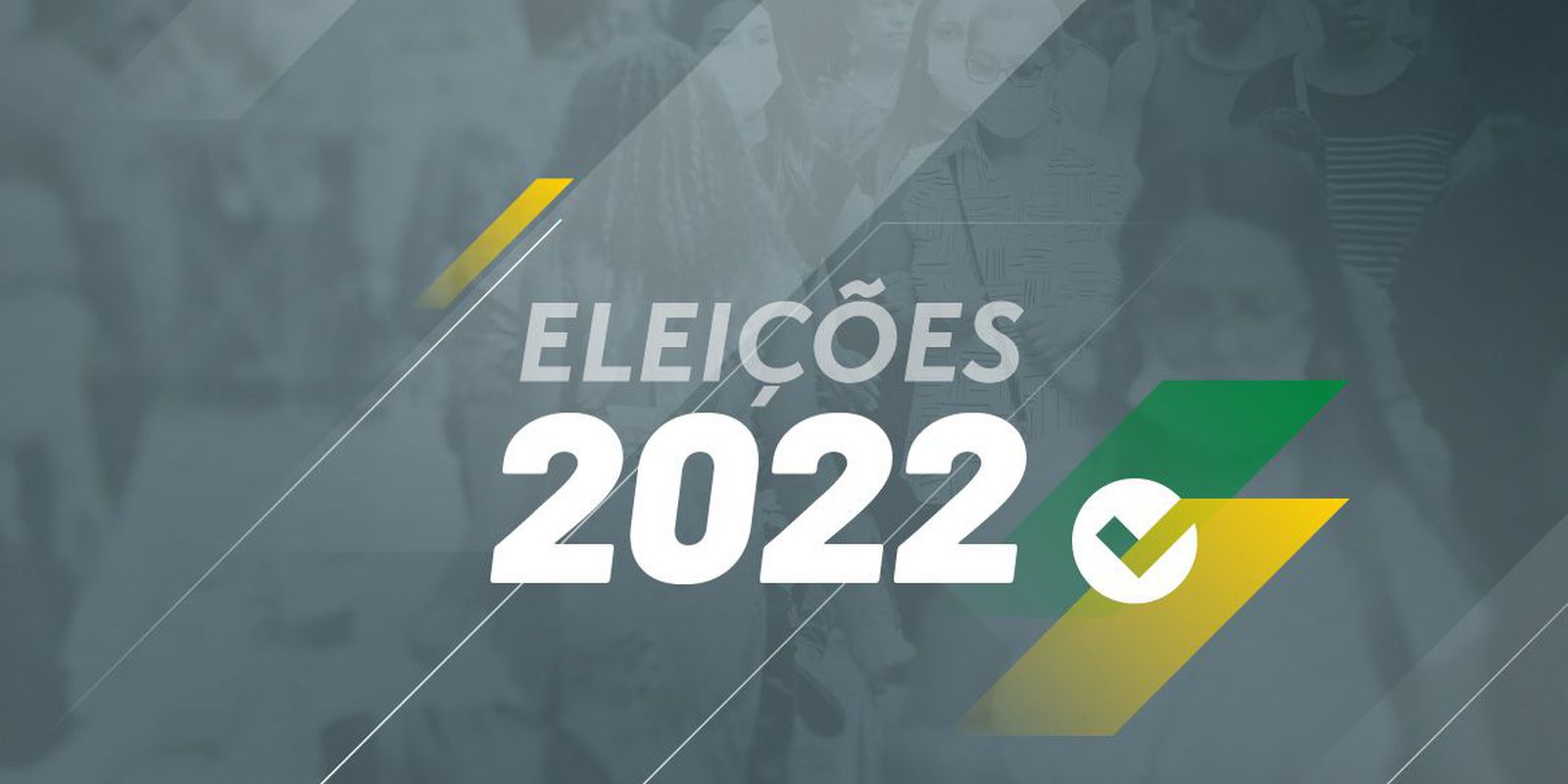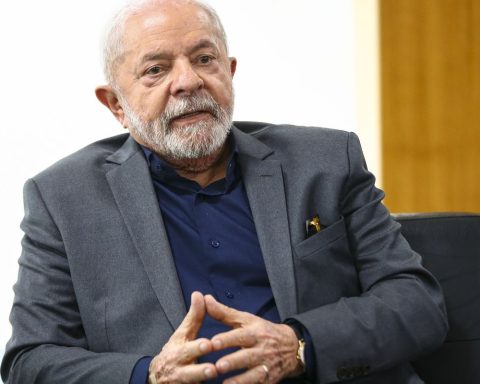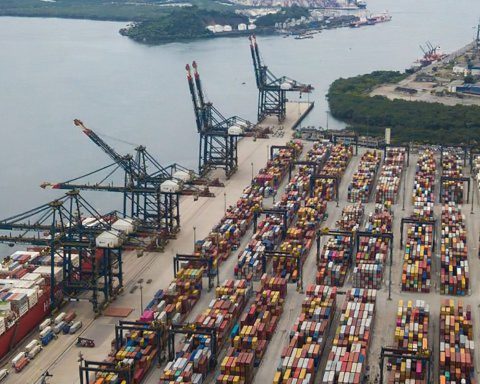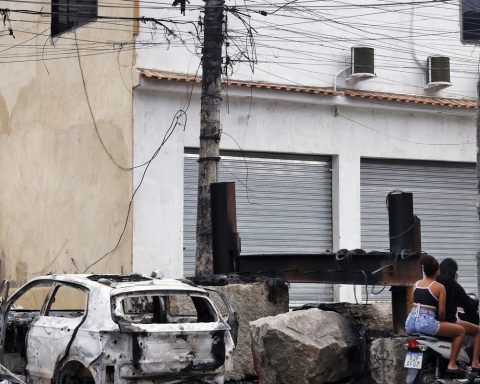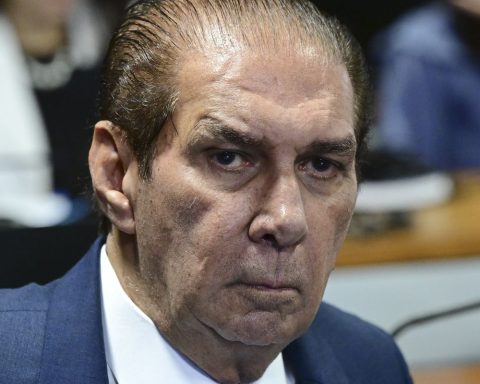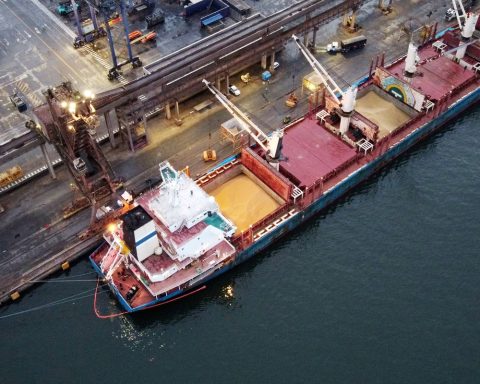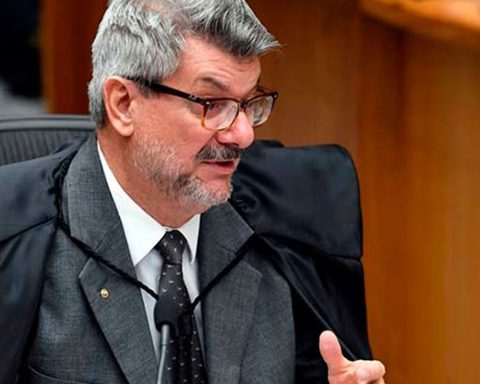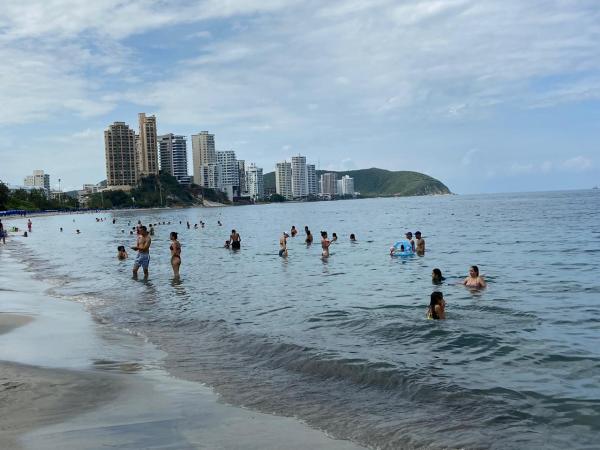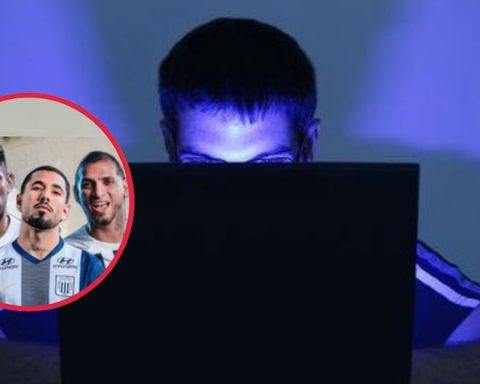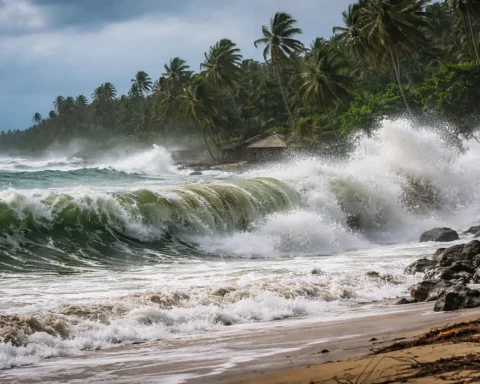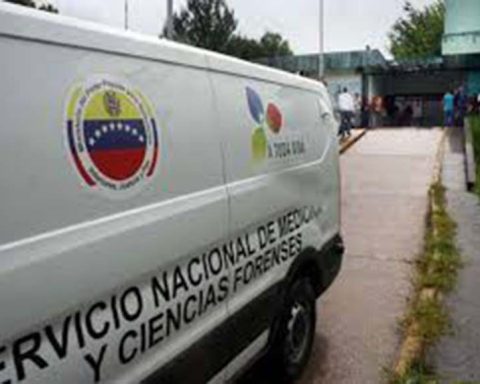With a term of office of four years, reelection being permitted, the President of the Republic is the head of the Executive Power. It is responsible for directing domestic and foreign policy, in addition to appointing ministers of state responsible for coordinating government action in specific areas. The nation’s highest mandate, the President of the Republic has a series of prerogatives and powers, but his power is not unlimited or independent from other powers of the Republic.
It is the duty of the president to sanction, promulgate and make public the laws approved in the National Congress, to issue decrees and regulations for the execution of these laws, when applicable. The president also has the power to issue provisional measures. Also known as MPs, they are rules with the force of law, they are effective immediately and do not need to go through Congress to start taking effect. Congress, however, needs to approve an MP within 120 days to turn it into law. If not, it loses its validity.
It is also the role of the president to send bills to Congress on the topics on which he is responsible for deciding, such as the creation of federal universities, positions and functions in the federal administration or the creation and extinction of ministries, among others. Many presidential campaign promises turn into bills that can become reality. This will depend on the assessment and willingness of deputies and senators to discuss, vote and approve these projects.
vetoes
On the other hand, the President of the Republic has the prerogative to veto a bill passed in Congress. He can veto an entire project or part of it. Each veto must be accompanied by a justification. When vetoes occur, it is up to Congress to re-analyze. In joint sessions, deputies and senators decide whether to maintain the presidential veto or overturn it, turning the vetoed provisions into law.
In these cases, it is common for the president’s allied bench in Congress to defend the maintenance of the veto and, in many situations, to negotiate with the other parliamentarians which ones should be maintained. Generally, this negotiation assumes that the government base yields to some vetoes and agrees to overturn them, in order to keep others that the president and his team deem more important. These negotiations are closely monitored by the government, usually some minister trusted by the president designated to make the political articulation with Congress.
If the elected and sworn president is absent from the country, the vice-president is the vice president, followed by the president of the Chamber of Deputies, the president of the Senate and the president of the Federal Supreme Court, the last in the line of succession.
*With information from the Senate Agency
